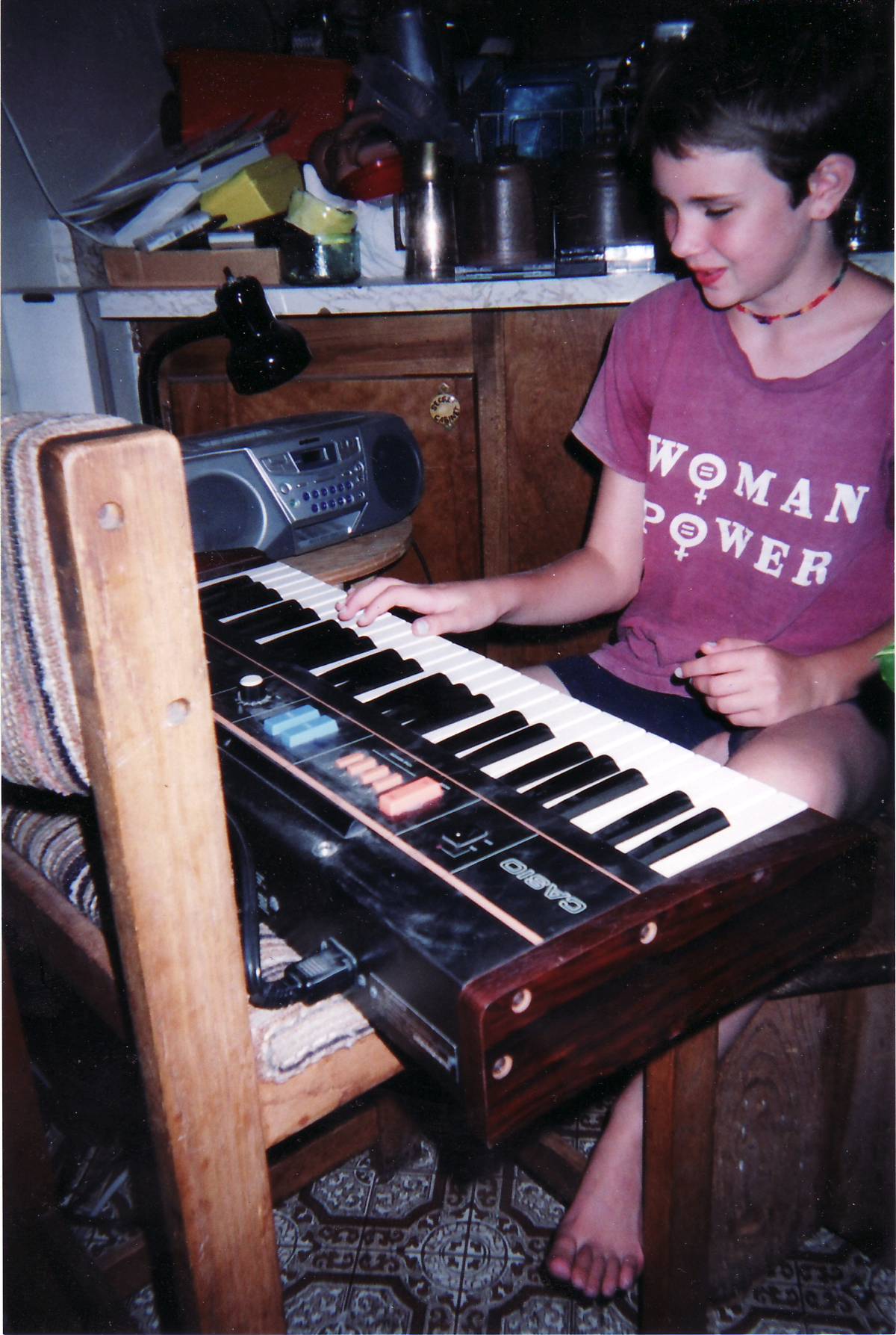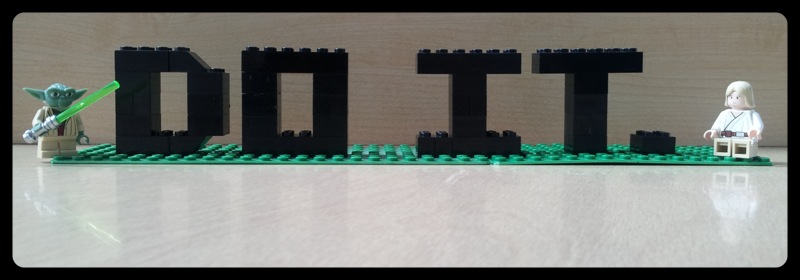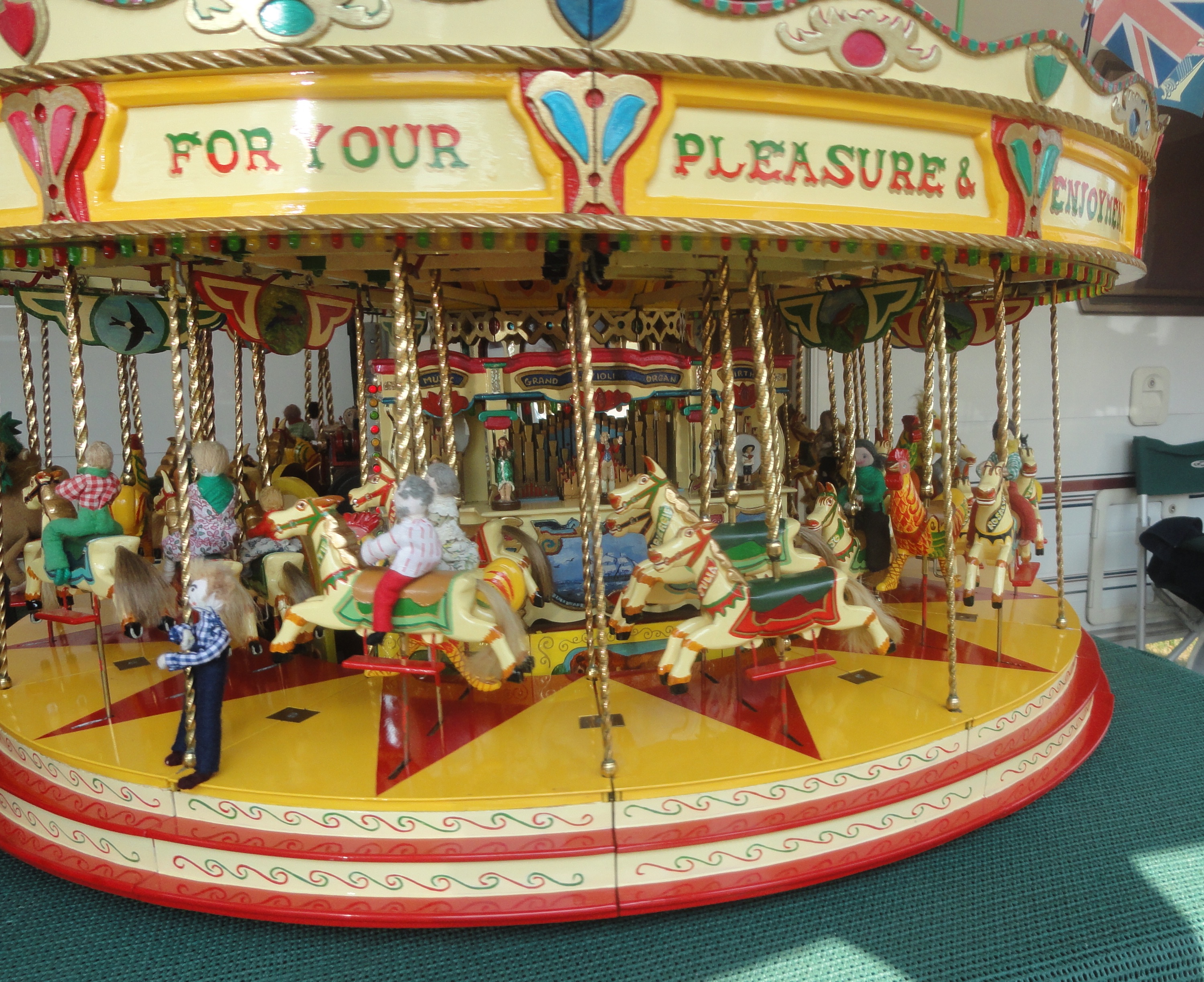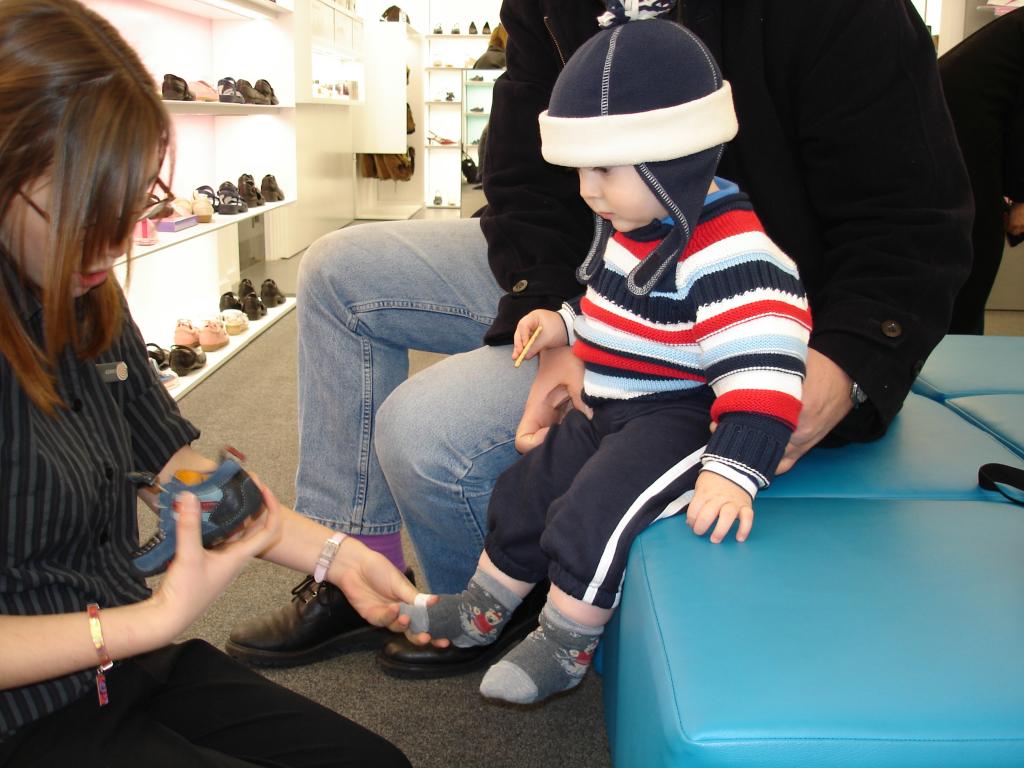September 2 is
Just Add Light and Stir's anniversary! Thank you for reading.
Nine was one of my favorite age, in childhood. I was able to do new and bigger things. I liked my teacher. I felt strong, and smart. If you have a nine-year-old child at your house, think of me. 😊
If your only or oldest child is younger than that, this blog will be filled with posts and photos you've never seen! Have fun. There is a randomizer, on the web version, upper right. If you usually read this on a phone, consider spending some time at a computer, where the format and colors are nicer, and there are resources in the sidebar.
Having forgotten I had written and scheduled the tasteful, quiet note above, I came in and worked long on the following fizzy-whizzy post. The one above is better, but I hate to throw all this out. So, BONUS! I'm sending both as one.
|
I didn't make a cake this year.
😊 It would have been a good year for it. I have a granddaughter who spent a lot of the summer learning to decorate cakes, but I didn't plan ahead.
Last year, on the
8th anniversary, there was a cake photo and I wrote
"May the richness and riches of this trove of words and photos seep into your soul and give you sweet dreams and good ideas."
At the end of Year 7, I posted from the Free to Be conference, in Phoenix.
There's a photo of me and some others there. I wrote, in part,
"I hope some of the posts have helped you be patient, and to smile. Thanks for reading!"
For the
sixth anniversary, in 2016, I confessed to having not noticed the fifth.
Fourth anniversary, another homemade cake. My shared message that day is still good:
"Thank you for looking, for reading, for thinking. Thank you for being a conduit for peaceful ideas."
By then there were way over 1000 posts. Somehow I hadn't projected very far out into the future. I do think more in words than in numbers.
😊
I didn't remember the third anniversary, but I made a post worth remembering. When I went to get the link, I stabilized and repaired the photo a bit too, so good!
How will you be?
Second anniversary, I wrote "Thank you for reading, for trying these ideas at home, and for sharing them with your friends." I set up a gift exchange. I should do that again for the 10th anniversary! Postage outside the U.S. has become very expensive, though. I might need only flat gifts outside the U.S. I could probably do well with that, if I plan ahead, though! This cake, I bought:

On
the first anniversary, I wrote about my methodology and concerns, and everything there is still true.
And the first post ever, about having created the blog at someone's request:
The Very First Post, and why, September 2, 2010.
Best wishes to all readers, and to those who will randomly come across this in the future!
About Unschooling (site news)
photos by Sandra Dodd (photos are links)
__





















